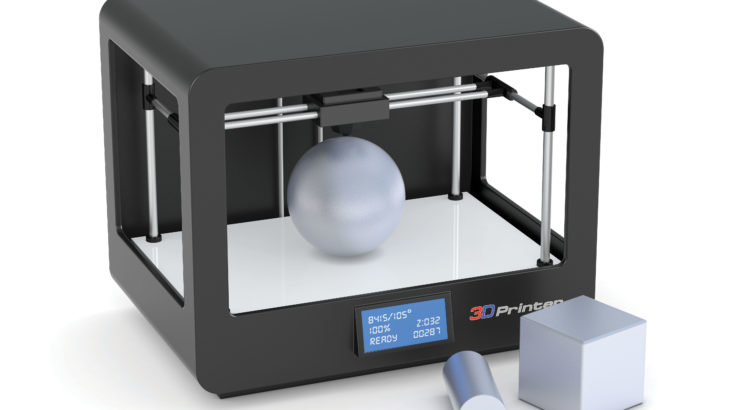Manufacturing is often seen as producing physical things, transferring them to another and so forth. However, the scenario is no more the same. Ever-changing demand for quick delivery, customized products, market engagement; along with increase in economic production as well as the shift in supply chain have brought change in the way manufacturing businesses operate. Therefore, organizations are required to incorporate cost-effective techniques while doing business in order to become productive. Increased efficiency, enhanced awareness, decrease in the requirement of breaks and downtime, improvement in the quality of products, etc. are a reflection of some recent developments in manufacturing technology.
- Increased efficiency is the end goal of manufacturers as it helps in energy consumption, where technology plays a major role in saving power.
- Improvement in product quality can help in eliminating the errors in the making of same products when the ultimate aim is consistency. Quality concerns, securing the reputation of the business as well as the ability to meet the ever-changing demands, can deal with enhancing product quality.
- A decrease in the requirement of breaks and downtime can constantly help with production delays.
- Greater awareness can be explained in terms of monitoring the working state of every delicate part of the business, starting from order number to product statistics.
Some other areas of trends having an influence on the manufacturing technology are highlighted below.
Artificial Intelligence
The future is all good with AI integrated technology in the manufacturing world. The AI market is estimated to grow from $8billion to $72 billion between 2016 and 2021. AI helps manufacturers to optimize the use of equipment, enhance workflow efficiency, improve recruitment process, and optimize predictive analytics.
The branches of AI in the manufacturing sector involves:
- Computer vision
- Robotics
- Automated planning and scheduling
- Natural language processing
- Speech recognition
3D Printing Making its Way
“The line between supply chain and manufacturing are becoming difficult to distinguish,” says Lou Rassey, CEO of Fast Radius (an additive manufacturer based in Chicago). He further adds that the things we produce have the power to change the ways we live, making it simple. Additive manufacturing helps in getting new and powerful tools that bring picture into reality, which was once a mere imagination.
It has been predicted that printing of aerospace, defence parts as well as automotive designs will be the biggest manufacturing sectors to employ 3D printing.
The fastest-growing sectors involve:
- Prototype printing
- Medical implant or device printing
- Dental printing
- Product creation
The Future of Manufacturing Technology and Processes
Looking forward to the growing opportunities which the manufacturers must grab, it is important to pay attention to the technology essential for their current and future needs. It has to be a priority to profit from emerging technologies such as AI, as well as 3D printing, along with listening to customer demand and capitalizing on R&D.
